One day we will be free to travel again. To lay our beach towels on top of warm sand. To walk amidst Roman ruins. Maybe we’ll even get to the point where we feel comfortable standing in a crowd, jostling to catch a glimpse of the Mona Lisa as she smiles at us from her home in the Louvre museum.
We will get back to times when we can breathe easier and explore our bucket lists.
And when we do, we’ll want to do our best to stay healthy. Because, as we know now more than ever, sometimes people unexpectedly get sick. Or injured. When you’re traveling far from home, an unexpected illness or accident can quickly morph into a crisis. It only takes one mosquito bite (think malaria) to potentially put you in a serious pickle.
So, here’s the question. What happens if you’re on a travel adventure, soaking up the sights and you become ill? Seriously ill. Or you have an accident?
Things will go way better if you’re prepared.
Before you grab your suitcase and hop on that plane, boat or train, or go on that road trip, take time to make a plan. One that will see you as safely as possible through a medical crisis when you’re far from home.
Here’s what you do.
8 ways to protect yourself
1 First things first: do some research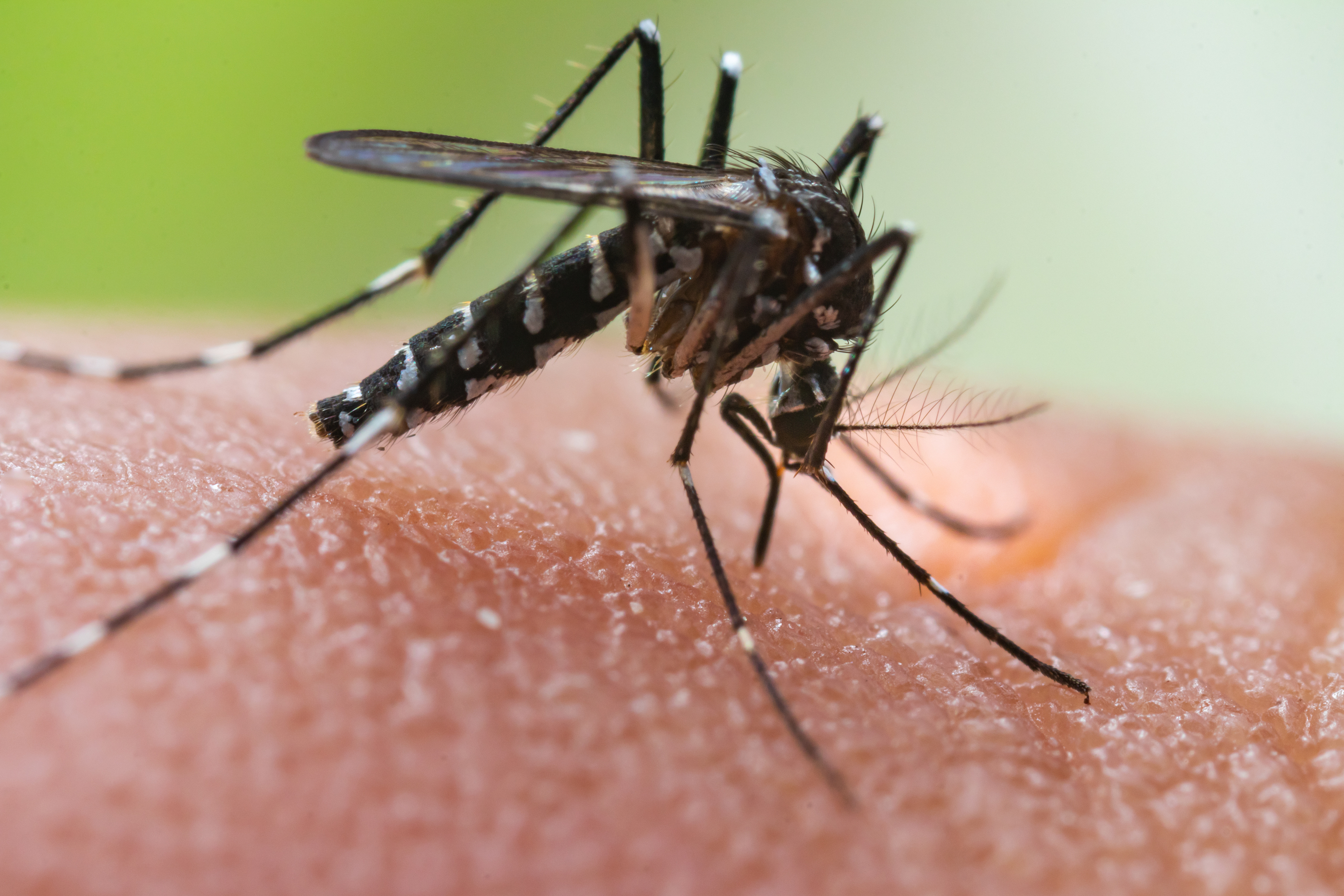
Do a little digging and find out about local health concerns in the areas you’re visiting. Are they prone to certain diseases? Malaria in Africa, dengue in the Caribbean? Check the Centers for Diseases and Control and Prevention (CDC) website (our go-to Google search, lately!) for up-to-date and reliable information.
2 Get vaccinated!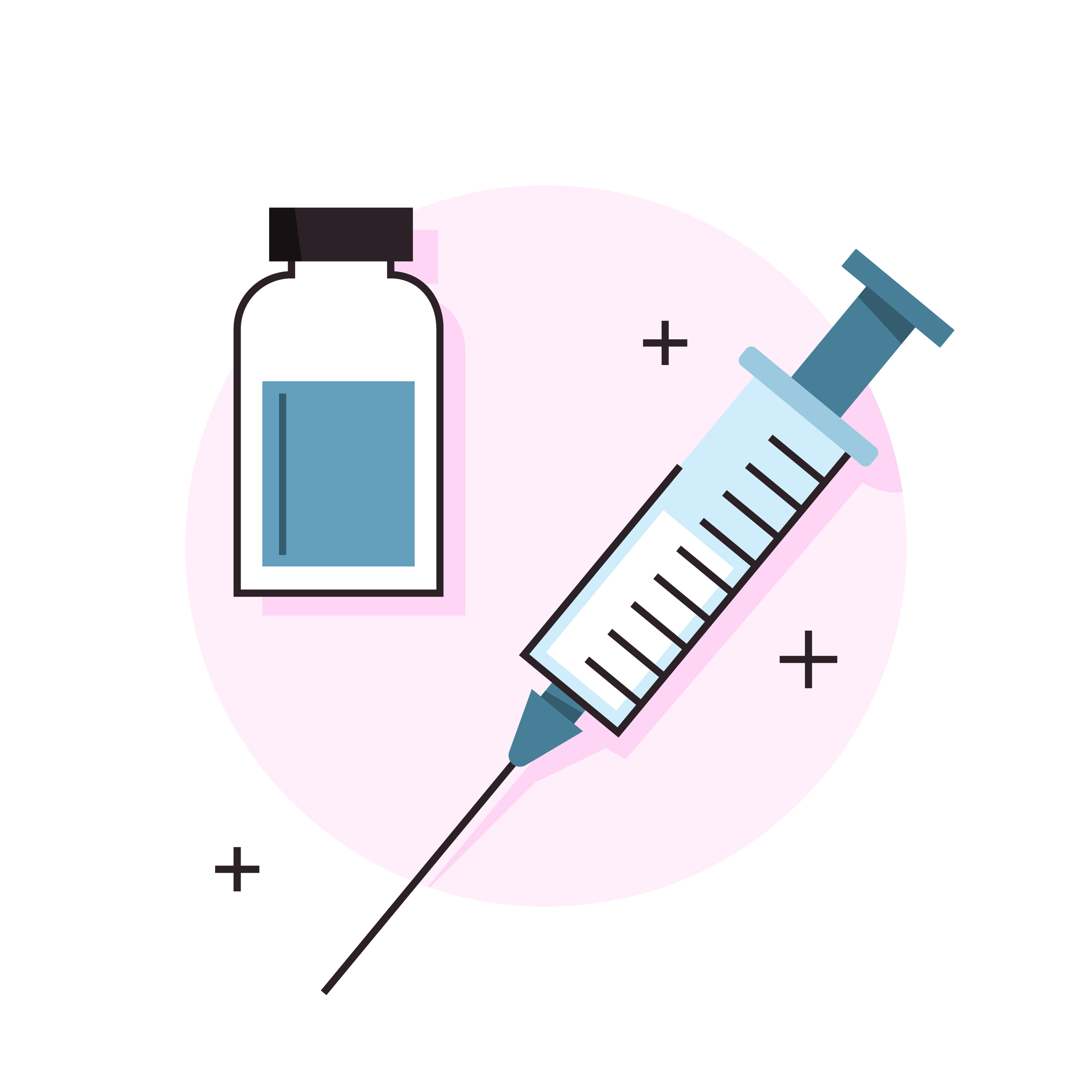
Once you know the current health conditions of your dream destination, make sure you’re protected. Find out what vaccines you need and get them (such as influenza, hepatitis A, typhoid, malaria, etc.). The CDC website will tell you what vaccinations you should have, depending on where you’re headed. And don’t forget routine vaccinations that aren’t specific to a location, like MMR and tetanus. Check with your doctor to ensure that all your shots are current.
3 Stock up on meds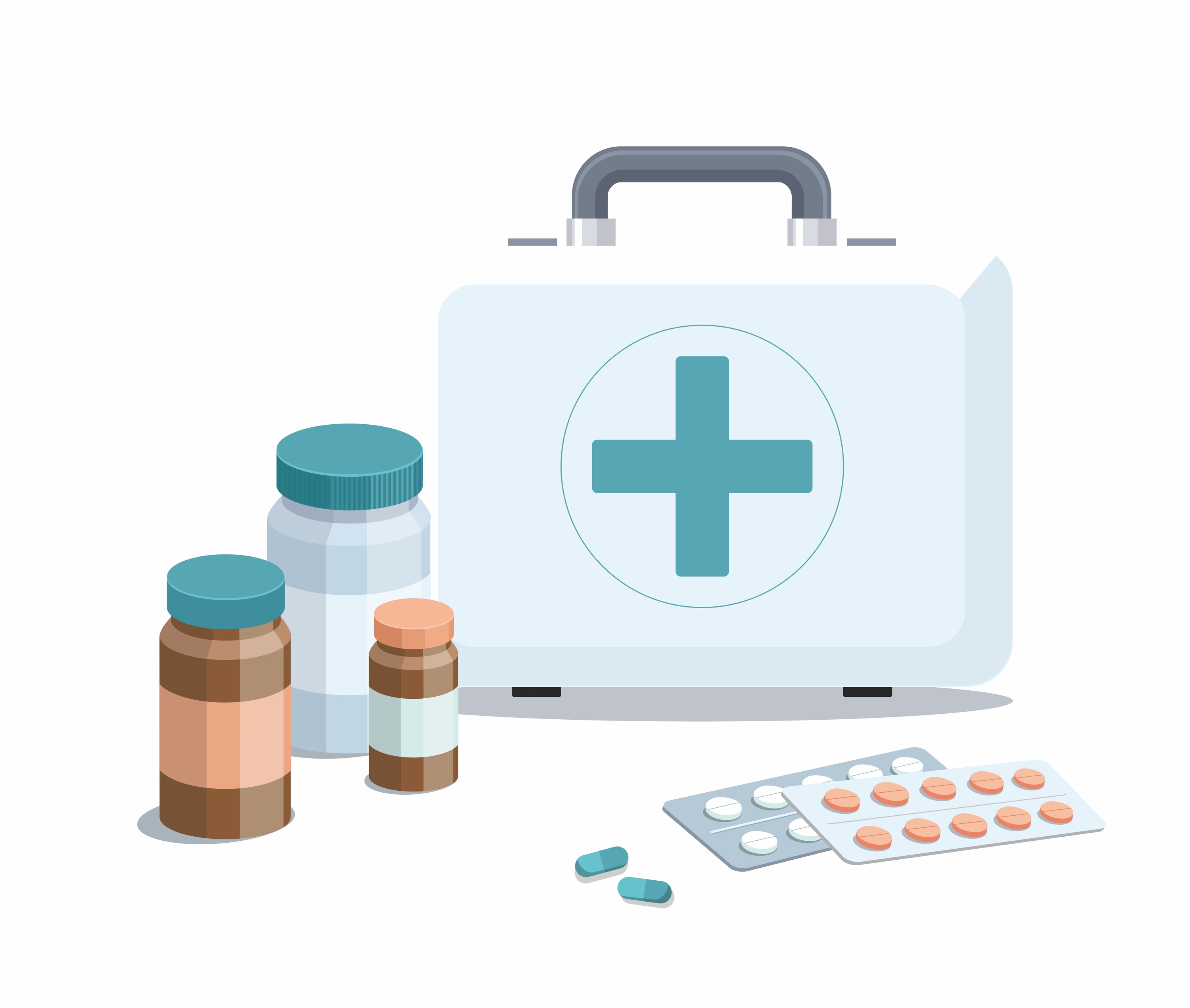
Make sure you bring along a surplus supply of medications you take regularly, infrequently or even only once in a blue moon – assuming they are not considered contraband in the country you’re visiting! (Every container of meds – bottle, jar, box or tube – should be labeled.) Understand that not all medications are created equal, and there may not be a foreign equivalent in the area you’re visiting. It’s probably best not to rely on foreign countries for your medication needs. Why not be safe and pack plenty of your own. Include an anti-diarrhea medication because this is the most common ailment afflicting travelers from the U.S. It can happen when your gut reacts to a bacteria native to a foreign country or because of food poisoning. You would do well to throw in a first aid kit with a thermometer. And don’t forget hand sanitizer!
4 Check your health insurance for coverage abroad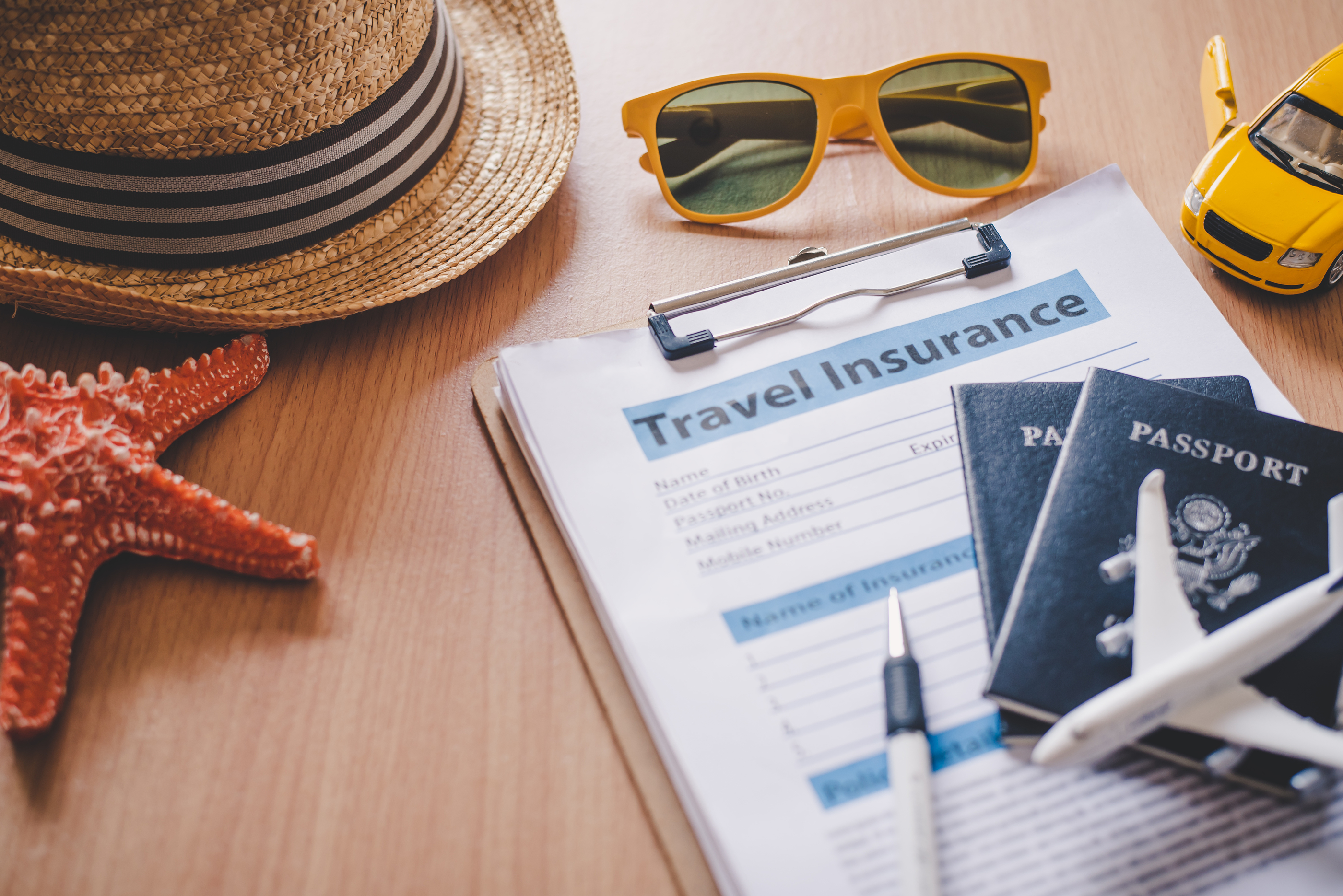
It’s so important to know if your health insurance covers overseas medical expenses (and if so, which ones – could be only the bare minimum). Paying uncovered medical bills abroad can be financially devastating. Call your insurance provider and determine exactly what is covered and what is not. Most primary health insurance policies don’t offer overseas coverage, or if they do, coverage is limited.
If this is your case (no overseas coverage), try looking for a short-term supplemental policy, one that makes payments directly to a hospital. Some comprehensive travel health insurance packages cover financial loss (from lost baggage, canceled flights, etc.) as well as overseas medical expenses and emergency evacuation.
5 If you need to fly home for care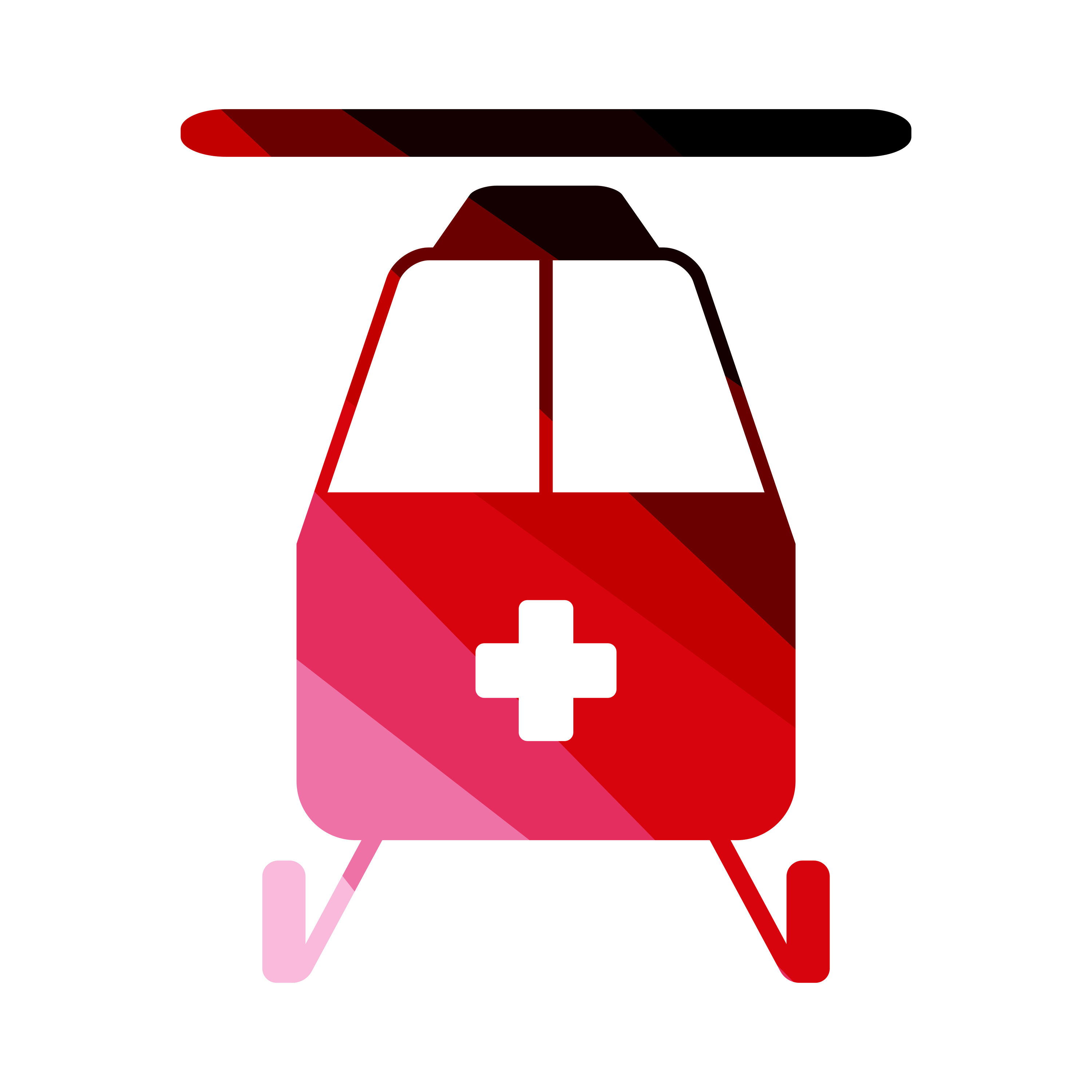
A good rule of thumb is to hope for the best and plan for the worst. Well, what if the worst happens while you’re in the middle of your dream vacation – let’s say in Africa? You’re bitten by a pesky mosquito and a week later you go into shock and lose kidney function. You end up in a local hospital, are put on dialysis and diagnosed with malaria. You’re in a physical and emotional maelstrom and you and your family decide you really need to go home and get medical care in the U.S. The question is, how do you get there, quickly and safely?
A medical evacuation might be your answer. Air ambulances can transport patients to and from healthcare facilities around the world. They are basically Lear jets configured as hospital intensive care units, usually complete with two pilots, a critical care nurse and a paramedic.
Trouble is, they are horrifically expensive. Depending on your location and medical condition, overseas medical evacuation and transport can cost anywhere from $25,000 to $250,000. This is why you want to buy medical evacuation insurance before you even start your trip. You can get it as part of your travel health insurance policy, or separately.
Please do not neglect this. Sometimes there is no substitute for care in your home country. And without medical evacuation insurance, you may be forced to spend weeks or even months recovering somewhere far from home.
6 Register your trip with the U.S. embassy
It’s always a good idea to register any overseas trip with the U.S. embassy, before you leave. You can easily do this through a free program called the Smart Traveler’s Enrollment Program (STEP). For U.S. citizens traveling abroad, this program registers your trip with the U.S. embassy or consulate in the country you’re traveling. Once enrolled, the embassy or consulate will send you safety information. They can also help you in an emergency by finding medical assistance, transferring funds from the U.S. to pay for uncovered medical costs and notifying family and friends.
7 If you do get sick
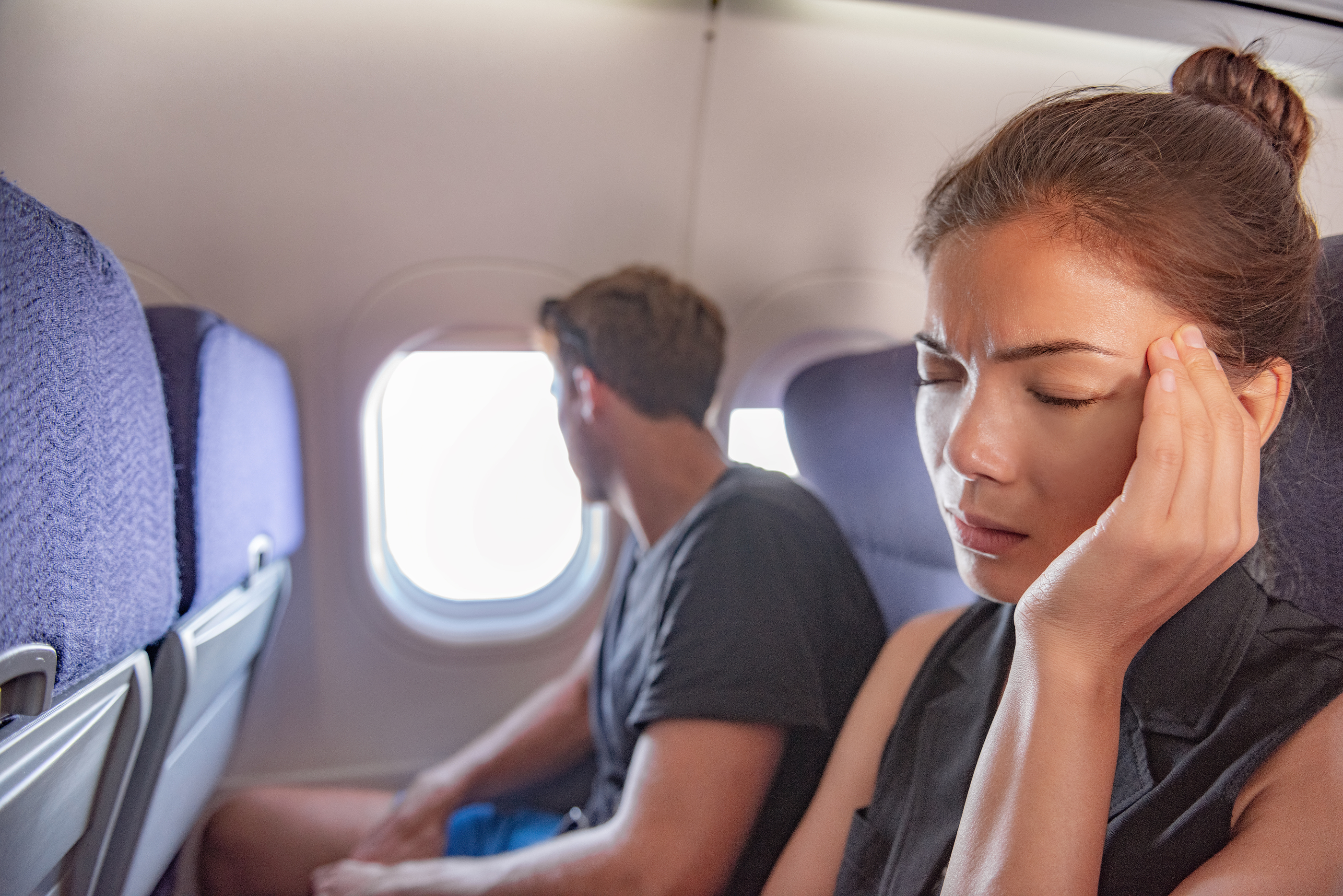 If you end up getting sick overseas and need to see a doctor, don’t panic. You can contact the U.S. embassy and they will give you a list of local doctors and medical facilities. If you understandably prefer to work with a doctor who speaks your language, you can also locate vetted English-speaking doctors through a medical directory provided by the International Association for Medical Assistance to Travelers (IAMAT). Membership for the first year is free, each year thereafter by donation.
If you end up getting sick overseas and need to see a doctor, don’t panic. You can contact the U.S. embassy and they will give you a list of local doctors and medical facilities. If you understandably prefer to work with a doctor who speaks your language, you can also locate vetted English-speaking doctors through a medical directory provided by the International Association for Medical Assistance to Travelers (IAMAT). Membership for the first year is free, each year thereafter by donation.
8 Miscellaneous tips – don’t forget these!
- Be careful what you eat. Depending on where you are, you may want to refrain from consuming certain food or drink that may be contaminated with bacteria, like raw fruit and vegetables, under-cooked meat and tap water.
- Fill out the information page on the inside of your passport, including contact information of someone who can be reached in an emergency.
- Be sure to include contact information for the person(s) who has your medical power of attorney and advance directive. We strongly urge you to post these documents in a secure, on-line vault, such as our ClientView or eMoney, where they will be accessible anytime, anywhere.
- If you have any pre-existing medical conditions, have a letter from your doctor describing the conditions and any medications you are taking (including generic names).
- Bring a copy of all your updated medical information, including conditions, shots, medications you’re taking, past surgeries, allergies and blood type.
- Have your health insurance ID card and a claim form on hand.
~
While we don’t have complete control over our health (as can be seen with the coronavirus pandemic), there are things we can do to protect ourselves while we travel. And there are things we can do to find good care overseas if we need it, and ways to get ourselves quickly and safely home. The key is preparation.
Advisory services are offered by Joslin Capital Advisors, LLC, an SEC Registered Investment Advisor.
